Speaker
Description
The study explores data literacy needs and responsible data sovereignty practices among African academic researchers and local communities. Extant research shows that academic researchers exhibit low levels of the nexus between data literacy and data sovereignty despite the growth in the importance of this connection. The data literacy and sovereignty skills gap among academic researchers and local communities remains wide. Data literacy is essential for empowering researchers and local communities to critically engage with data, counter misinformation, and support informed decision-making, yet challenges such as limited access to technology, infrastructure deficiencies, power outages, educational disparities, and language barriers persist across the continent. Data sovereignty is increasingly becoming more important for the development of the African continent as it protects citizen privacy, fosters economic development, and reduces dependence on foreign technology powers. Efforts such as the African Union’s Malabo Convention and national laws in Nigeria, Kenya, and South Africa are testament to the data governance agenda. Responsible data sovereignty practices emphasize local control over data infrastructure and compliance with regional regulations while balancing innovation and practical implementation challenges. The study adopted a survey approach to assess data literacy needs and data sovereignty practices among African academic researchers and local communities. Drawing on the preliminary results, the study underscores that true data sovereignty requires African stewardship of data security and ethical data processing to safeguard sovereignty beyond mere data localization. This study advocates for collaborative development of data literacy training tailored to African academic and local community contexts, alongside sustainable and transparent data sovereignty frameworks that empower local communities and promote equitable digital futures.

